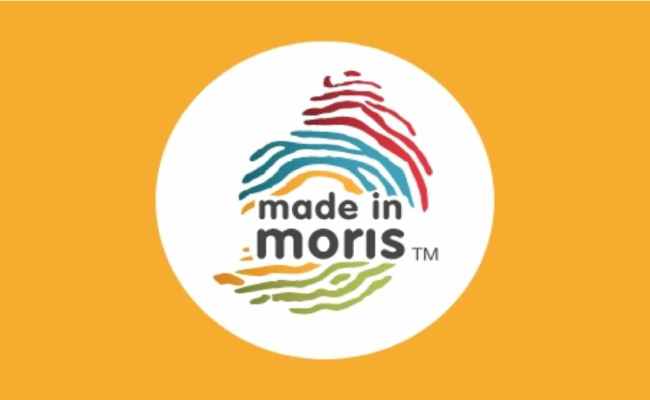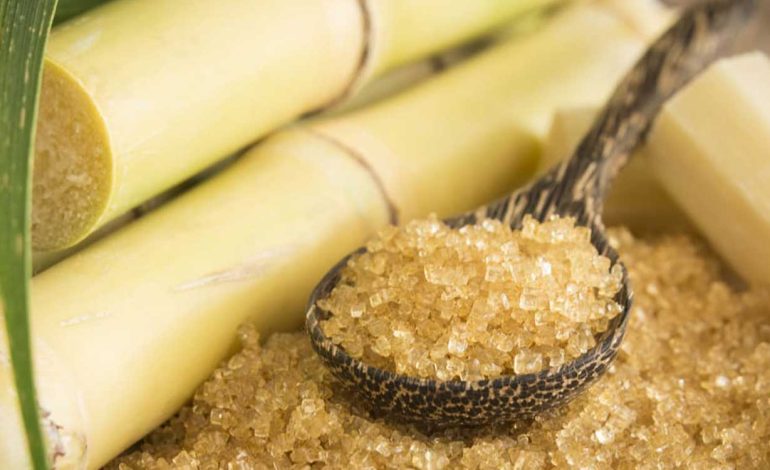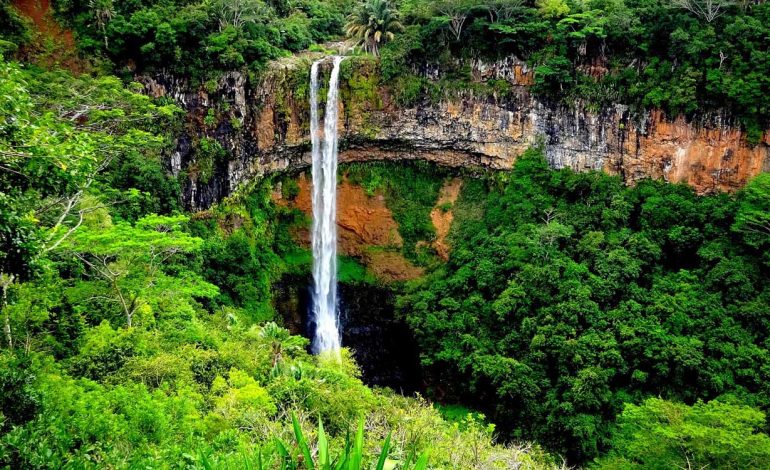Previously, sugar was exported to the EU from Mauritius under the Sugar Protocol that was signed between the EU and the ACP (African, Caribbean, and Pacific Group of States) countries, where Mauritius was allocated an annual quota of 507,000 metric tonnes of raw sugar at a guaranteed price. Since the EU ended this quota in 2009, the price of sugar fell, and Mauritius had to diversify its sugar industry in order to survive.

Mauritius is now a manufacturer of sophisticatedly crafted specialty sugars, where rather than refining out the good natural elements of sugar cane, they are locked in to produce high-quality products. In their unrefined state, specialty sugars are more natural and wholesome, and they retain the freshness of sugar cane juice that manifests through a complex and delicate blend of flavours and exhibits a palette of colours that are aesthetically pleasing.
These sugars are healthier and more nutritious and contain more trace minerals than refined sugars, and they are used by major manufacturers in a variety of food products, including cereals, snacks, and baby foods. Mauritius is one of the leading world exporters of unrefined cane sugars and supplies no less than 120,000 metric tonnes to around 40 destinations worldwide, including the European Union, the United States, Canada, the Middle East, the Far East, and Australia.


